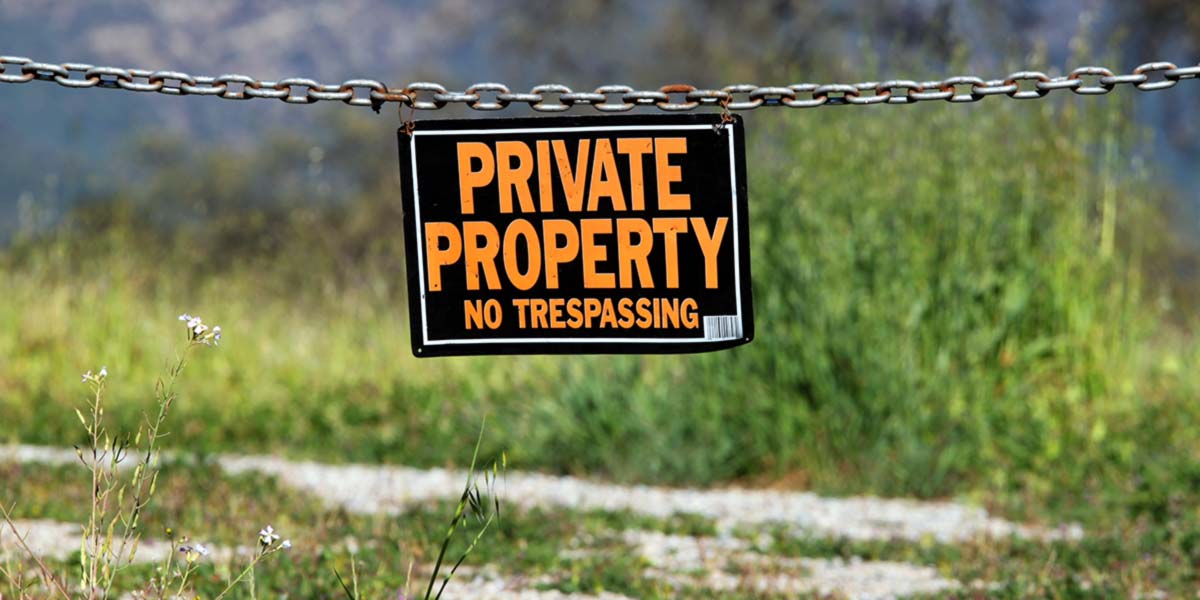-

It can happen that the property purchased or to be acquired has no open and free access to it and the only way to get to the property is to obtain a right of way from an owner of a surrounding property. This right of way can also be called a servitude, a registered right that ensures access between to the property from the public road.
To identify, the property that has no access is called the “dominant” property while the plot that provides the right of way for access is the “servient” property.
In order for a servitude to be legally enforceable, owners of the servient and dominant properties must enter in to an agreement, execute a written contract and then have this fully registered with the land office branch where the property is located.
However, along with the contract agreement, other documents will be required from both parties and these may include the identification cards and house registrations as well as the original title deeds.
While the registration process is relatively manageable, there can be a chance in which the registrar may refuse to register the servitude. Nonetheless, both parties may agree to lodge an application for its registration in court if ever the registration application is denied by the registrar.
With the involvement of the court or not, from negotiation until registration, a lawyer should be consulted throughout the process to make sure that the compensation is reasonable if ever there is, that the contract is fair enough and that the documents needed for registration are compliant with what have been required.
Lastly, the owner of the dominant property has the responsibility to preserve the obtained servitude. Also, Section 1391 of the Thai Civil and Commercial Code also stipulates that he must do so without causing significant damage to the servient property and he must also use his funds to maintain it.
Privacy Policy | Terms & Conditions
leave a comment